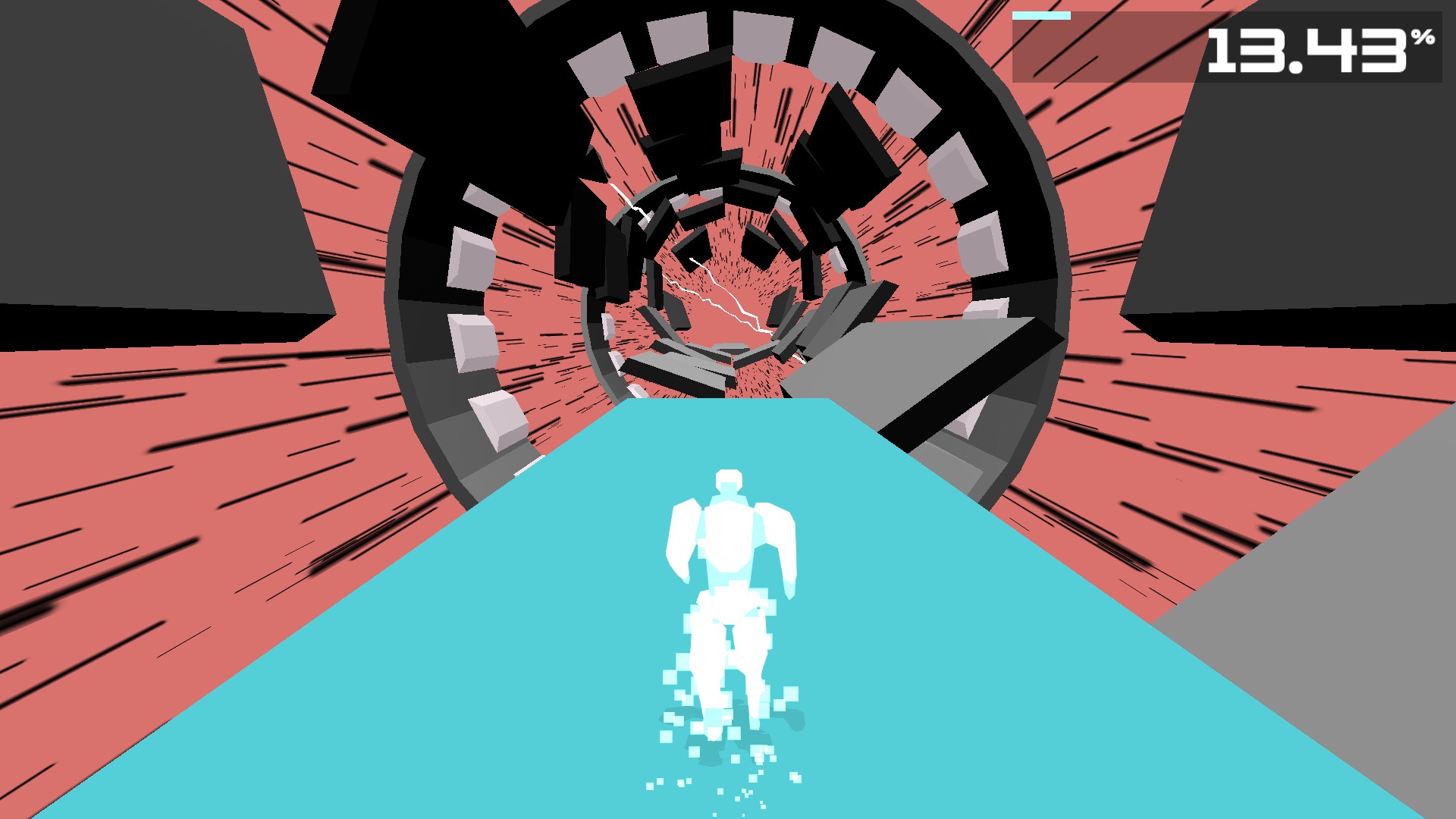

In 1964, researchers had begun to use quantum field theory to study the weak nuclear force (opens in new tab) - which determines the atomic decay of elements by transforming protons to neutrons - and its force carriers the W and Z bosons. That means no stars, no planets, and no us - something which may help warrant its hyperbolic nickname. Still, it's hard to overestimate the importance of the Higgs boson and the Higgs field in general, as without this aspect of nature no particles would have mass. The origin of this is often connected to Nobel Prize-winning physicist Leon Lederman referring to the Higgs boson as the "Goddamn Particle" in frustration with regards to how difficult it was to detect.īusiness Insider (opens in new tab) says that when Lederman authored a book on the Higgs boson in the 1990s the title was to be "The Goddamn Particle" but the publishers changed this to "The God Particle" and a troublesome connection with religion was drawn, one which bothers physicists to this day. The Higgs boson's nickname "the God Particle" was solidified upon its discovery, namely as a result of the popular media. (Image credit: xenotar via Getty Images) (opens in new tab) ATLAS, along with the CMS detector first detected the Higgs boson. The ATLAS detector (A Toroidal LHC Apparatus) is one of the LHC’s general-purpose detectors. Why is the Higgs boson called the 'God Particle?' That field generates mass via its interaction with other particles and the mechanism carried by the Higgs boson called the Brout-Englert-Higgs mechanism. So a photon is a particle and a wave that arises from an excited electromagnetic field and the Higgs boson is the particle or "quantized manifestation" that arises from the Higgs field when excited. For example, when two electrons interact they exchange a photon - the force-carrying particle of electromagnetic fields.īecause quantum field theory describes the microscopic world and the quantum fields that fill the universe with wave mechanics, a boson can also be described as a wave in a field. The Higgs Boson is the only elementary particle with no spin.Ī boson is a "force carrier" particle that comes into play when particles interact with each other, with a boson exchanged during this interaction.

It is also chargeless with zero spin - a quantum mechanical equivalent to angular momentum. The Higgs boson has a mass of 125 billion electron volts (opens in new tab) - meaning it is 130 times more massive than a proton , according to CERN (opens in new tab). The story of the Higgs boson is motivated by this question.


 0 kommentar(er)
0 kommentar(er)
